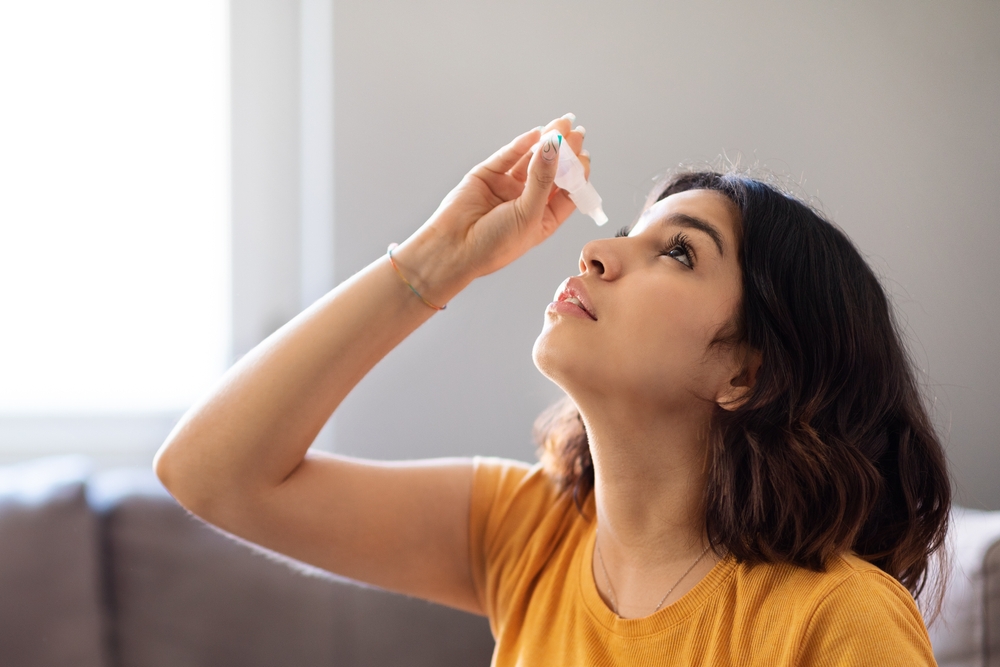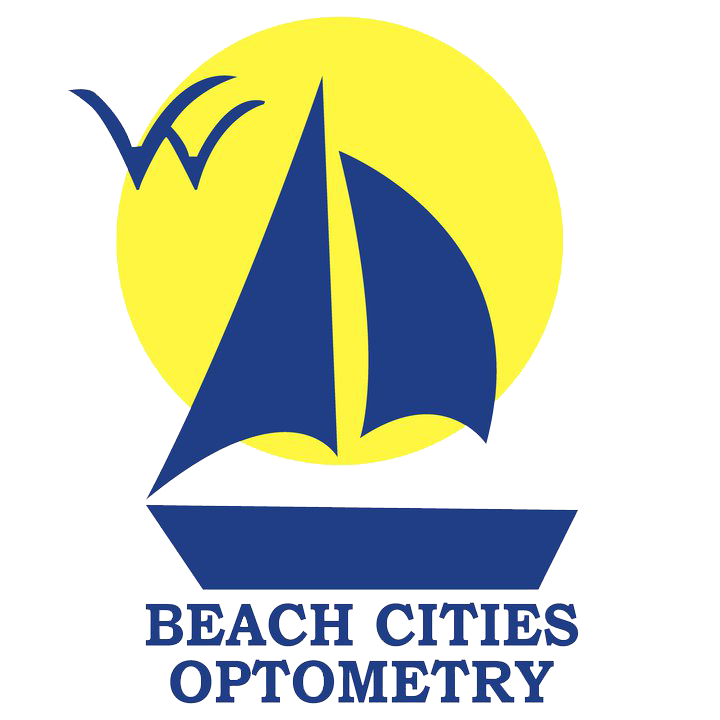
Dry eye is a common condition that affects millions of people worldwide. It occurs when your tears can’t provide adequate lubrication for your eyes, which can lead to discomfort and, in some cases, vision problems. Understanding the symptoms and learning how to manage them effectively can significantly improve your quality of life.
What are the Symptoms of Dry Eye?
Common signs include a stinging or burning sensation in your eyes, scratchiness, or the feeling of having something gritty in your eyes, and episodes of excess tears following very dry eye periods. You might also experience a stringy discharge from the eyes, pain and redness, episodes of blurred vision, heavy eyelids, or discomfort when wearing contact lenses.
Factors such as being in a dry, windy environment, exposure to air conditioning or heating, looking at screens for prolonged periods, or even certain medications can exacerbate your condition. By identifying these triggers, you can take proactive steps to minimize their impact.
Seven Essential Tips for Managing Dry Eye
1. Stay Hydrated
One of the simplest ways to combat dry eye symptoms is to ensure you're adequately hydrated. Your body needs water to produce tears, and without enough of it, your eyes can become dry and irritated. Aim for at least eight glasses of water a day, and remember that caffeine and alcohol can dehydrate you, so balance these beverages with extra water intake.
2. Create a Comfortable Environment
Your environment plays a significant role in the health of your eyes. If you're frequently in a windy, dry, or smoky environment, consider using a humidifier to add moisture to the air. Also, position yourself away from direct drafts from heaters or air conditioners, as these can speed up tear evaporation.
3. Take Screen Breaks
Prolonged screen time is a significant contributor to dry eye symptoms because it reduces your blink rate, which is essential for spreading tears across your eyes. Follow the 20-20-20 rule: every 20 minutes, take a 20-second break to look at something 20 feet away. This will help to refresh your eyes and prevent strain.
4. Use Artificial Tears
Artificial tears can be a lifesaver for managing dry eye symptoms. They are designed to mimic your natural tears and can provide immediate relief. Be sure to choose preservative-free options if you need to use them frequently, as preservatives can irritate your eyes over time.
5. Practice Good Eyelid Hygiene
The oils that make up part of your tear film are produced by glands in your eyelids. Keeping these glands clear is essential for maintaining a healthy tear film. You can do this by gently washing your eyelids with baby shampoo or using a warm compress to help unblock the glands.
6. Consider Omega-3 Supplements
Omega-3 fatty acids have anti-inflammatory properties that can help manage dry eye symptoms. Foods rich in omega 3, such as fish, flaxseed, and walnuts, should be a regular part of your diet. Alternatively, you can consider taking omega-3 supplements after consulting with your healthcare provider.
7. Wear Protective Eyewear
Sunglasses aren't just for sunny days; they can also protect your eyes from wind and debris that can exacerbate dry eye symptoms. Look for wraparound styles that provide a barrier from the elements, and consider wearing protective eyewear in windy conditions, even if it's not particularly bright outside.
How OptiLight Can Help Manage Dry Eye Symptoms
OptiLight is a new and innovative treatment for dry eye that utilizes intense pulsed light (IPL) technology. Developed with the specific needs of dry eye sufferers in mind, OptiLight targets the inflammation and meibomian gland dysfunction that are often at the root of dry eye symptoms. Here's how it works:
Patients who have undergone OptiLight treatments often report a significant reduction in dry eye symptoms. The treatment can decrease the need for artificial tears and other interventions, making it a highly effective option for long-term management. Additionally, OptiLight is specifically tailored to address the underlying causes of dry eye, rather than just the symptoms.
Navigating Dry Eye Effectively
Living with dry eye can be challenging, but it doesn't have to define your life. By understanding your symptoms and taking proactive steps to manage them, you can find relief and enjoy your daily activities without discomfort. Remember to stay hydrated, create a comfortable environment, take regular screen breaks, use artificial tears wisely, maintain good eyelid hygiene, consume omega-3s, and wear protective eyewear to combat dry eye symptoms effectively.
To learn more on how to manage your dry eye symptoms or to determine if OpiLight treatment is right for you, visit Beach Cities Optometry in our Manhattan Beach, California, office. Call (310) 906-4426 to book an appointment today.







